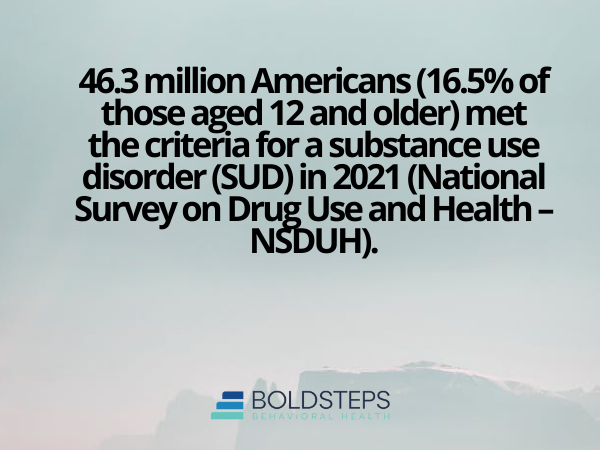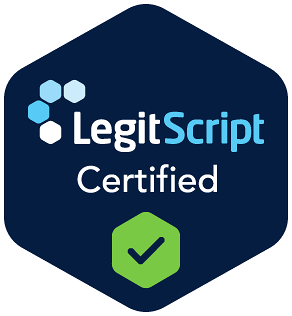Addiction has been misunderstood for decades. Many people still believe that substance use disorder (SUD) is simply the result of poor choices or a lack of willpower. However, research and medical experts confirm that addiction is a chronic brain disease—not a moral failing or a matter of weak character.
At Bold Steps New Hampshire, we recognize that overcoming addiction requires more than just “trying harder.” It demands professional treatment, medical support, and ongoing therapy to help individuals rebuild their lives. That’s why we offer evidence-based care, including our Addiction Treatment Program, Dual Diagnosis Treatment Program, Partial Hospitalization Program, Intensive Outpatient Programs, Outpatient Treatment Program, Medical Detox Program, and Virtual Treatment Program to provide personalized recovery options.
If you or a loved one is struggling with addiction, understanding that **it’s a disease—not a choice—**is the first step toward healing.
Understanding the Science of Addiction: How Drugs and Alcohol Hijack the Brain
1. Addiction Changes Brain Chemistry
Addiction isn’t about weak willpower—it’s about fundamental changes in brain function. Drugs and alcohol hijack the brain’s natural reward system, making it difficult for individuals to stop using even when they want to.
- Dopamine & the Reward System – The brain naturally releases dopamine when we do enjoyable activities (eating, exercising, socializing). Drugs and alcohol cause massive dopamine surges, creating an artificial sense of pleasure far beyond what natural rewards provide.
- Tolerance & Dependence – Over time, the brain reduces natural dopamine production in response to substance use. This leads to tolerance, meaning individuals must consume more to achieve the same effects.
- Withdrawal & Cravings – Once dependent, stopping substance use causes intense withdrawal symptoms like anxiety, nausea, muscle pain, and seizures. This reinforces continued use—not because of choice, but because the body is in distress.
2. Addiction Rewires the Brain’s Decision-Making Abilities
The prefrontal cortex, which controls impulse control, decision-making, and judgment, is heavily impacted by addiction.
- Substance use weakens this part of the brain, making it harder to resist cravings or make rational choices.
- This is why individuals struggling with addiction often act against their best interests—not because they want to, but because their brain has been rewired to prioritize substance use above all else.
3. The Role of Genetics & Environment in Addiction
Addiction is influenced by a mix of genetic, environmental, and psychological factors—not just personal decisions.
- Genetics – Studies show that 40-60% of addiction risk is hereditary (National Institute on Drug Abuse – NIDA).
- Trauma & Mental Health – PTSD, depression, anxiety, and unresolved trauma significantly increase addiction risk.
- Early Exposure – The earlier someone starts using substances, the higher the likelihood of addiction due to the brain’s ongoing development.
Debunking the Myth: “They Chose to Start Using”
A common misconception is that addiction is a result of bad choices because people initially decide to try substances. But this argument ignores why people start using and how addiction develops.
1. Many Addictions Begin with Legal Substances
- Prescription Painkillers & Opioids – Nearly 3 out of 4 heroin users started with prescription opioids (CDC).
- Benzodiazepines (Xanax, Valium, Ativan) – Often prescribed for anxiety, but long-term use leads to dependence.
- Alcohol – Legal and socially accepted, yet over 29.5 million Americans struggle with alcohol use disorder (AUD) (NIAAA).
2. Not Everyone Who Tries a Substance Becomes Addicted
- Some people experiment with substances but never develop an addiction.
- Others, due to genetics, brain chemistry, and mental health conditions, become dependent quickly.
- The difference isn’t willpower—it’s biology and risk factors.
3. Addiction is Progressive
- No one plans to become addicted.
- What starts as occasional use can spiral into dependence before someone realizes what’s happening.
- This is why early intervention and professional treatment are so critical.
The Link Between Addiction and Mental Health (Dual Diagnosis)
Many individuals struggling with addiction also suffer from co-occurring mental health disorders, known as dual diagnosis.
Common Mental Health Conditions Linked to Addiction:
✔ Depression – Self-medicating with drugs or alcohol to numb emotional pain.
✔ Anxiety Disorders – Using alcohol or benzodiazepines to “calm nerves” but developing dependence.
✔ PTSD & Trauma – People with unresolved trauma are at higher risk of substance use disorders.
✔ Bipolar Disorder – Manic episodes can lead to impulsive substance use.
Because addiction and mental health disorders fuel each other, successful recovery requires a Dual Diagnosis Treatment Program that treats both issues together.
Why Willpower Alone Isn’t Enough to Overcome Addiction
If addiction is a disease, why can some people quit on their own while others can’t? The truth is that self-recovery is rare, and even those who quit “cold turkey” face high relapse rates.
- Without professional treatment, 85-90% of individuals relapse within the first year (NIDA).
- Behavioral Health Treatment in New Hampshire provides evidence-based therapies like Cognitive Behavioral Therapy (CBT) and Dialectical Behavior Therapy (DBT) to help individuals regain control.
- Structured addiction treatment programs significantly increase the likelihood of long-term recovery.
Treatment Options for Lasting Recovery in New Hampshire
At Bold Steps New Hampshire, we offer a full range of addiction treatment programs tailored to each person’s needs:
1. Medical Detox Program
✔ Safe withdrawal under medical supervision.
✔ Prevents life-threatening withdrawal symptoms.
2. Partial Hospitalization Program (PHP)
✔ Intensive therapy for severe cases without full hospitalization.
3. Intensive Outpatient Programs (IOP)
✔ A structured program while allowing independence.
4. Outpatient Treatment Program
✔ Continued support for long-term recovery.
5. Dual Diagnosis Treatment Program
✔ Specialized care for co-occurring mental health and addiction disorders.
6. Virtual Treatment Program
✔ Remote therapy for individuals who need flexible access to treatment.
Conclusion
It’s time to replace judgment with compassion. Addiction is not about bad decisions—it’s about a brain that has been rewired by substance use. No one chooses to struggle with addiction, but they can choose to seek help.
At Bold Steps New Hampshire, we provide evidence-based treatment, medical support, and a compassionate environment to help individuals and families navigate recovery.
Call us today at (603) 915-4223 to speak with a professional and explore treatment options. There is hope. There is help. Take the bold step toward recovery today.
Frequently Asked Questions (FAQ)
Is addiction really a disease?
Yes. Addiction is classified as a chronic brain disease by the National Institute on Drug Abuse (NIDA). It affects brain chemistry, impulse control, and decision-making, making it extremely difficult for individuals to stop using without professional help.
Why do some people become addicted while others don’t?
Addiction is influenced by genetics (40-60% of risk), mental health conditions, trauma, and environment. Some people have a higher biological vulnerability to addiction, while others may develop it due to repeated substance use over time.
Can people overcome addiction with willpower alone?
While some individuals quit on their own, research shows that long-term recovery is significantly more successful with professional treatment. Willpower alone does not reverse the brain changes caused by addiction.
What is dual diagnosis, and why does it matter?
Dual diagnosis refers to individuals who have both a mental health disorder (e.g., depression, anxiety, PTSD) and substance use disorder. Treating both conditions together is essential for long-term recovery.
How do I help a loved one who doesn’t believe they have an addiction?
Approach them with compassion and evidence. Educate them on addiction as a disease, provide treatment options, and encourage professional assessment. If they refuse help, consider a structured intervention with a treatment specialist.
Can addiction be cured?
There is no “cure” for addiction, but it can be effectively managed. With the right treatment, lifestyle changes, and support, individuals can achieve lifelong recovery.



